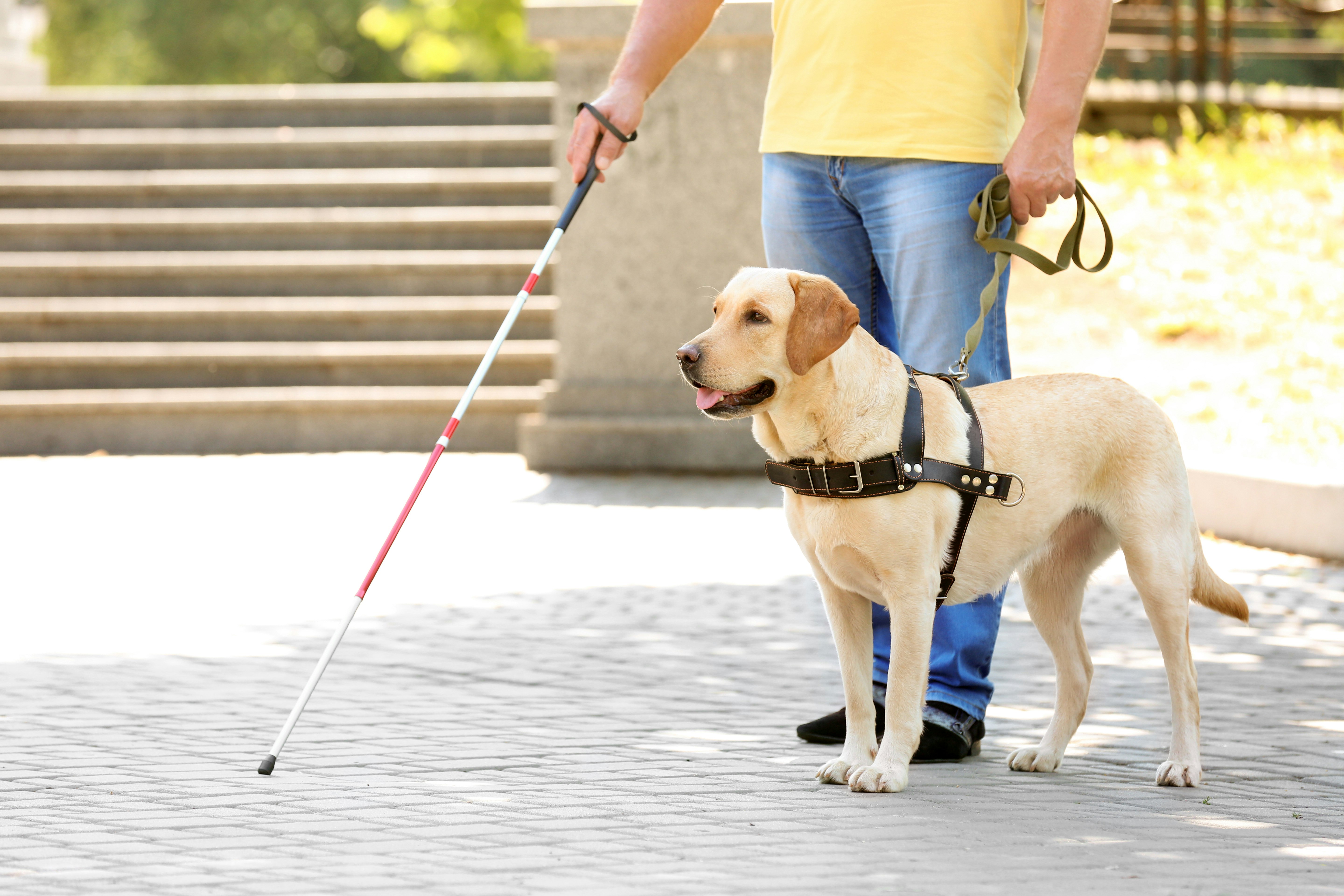Low vision and blindness
Last updated

Over 575,000 people in Australia are estimated to be either blind or vision impaired, with more than 70 percent of people over the age of 65.
Key points
- Low vision is permanent vision loss that cannot be corrected
- A number of conditions can cause low vision and blindness
- Get your eyes tested regularly to help spot any changes in vision
What is blindness/low vision?
According to Vision Australia, someone is ‘considered legally blind if they cannot see at six metres what someone with normal vision can see at 60 metres or if their field of vision is less than 20 degrees in diameter.’
Low vision is permanent vision loss that cannot be corrected with glasses. This can affect people of all ages.
A number of conditions can cause low vision and blindness. These include:
- macular degeneration;
- albinism;
- cataracts;
- Charles Bonnet Syndrome;
- Cortical Vision Impairment;
- diabetic retinopathy;
- glaucoma;
- Leber’s Congenital Amaurosis;
- keratoconus;
- nystagmus;
- optic atrophy;
- retinitis pigmentosa;
- Stargardt’s disease; and
- stroke.
Some of these eye conditions are hereditary.
What symptoms are there?
Symptoms of eye conditions include sudden changes in vision, sudden and severe eye pain, recurrent pain in or around the eye, blurred or double vision, seeing flashes of light or bright floating spots, swollen or red eyes, changes in colour to the iris, itching, burning or heavy discharge in the eyes and unusual or painful sensitivity to light or glare.
Changes in everyday activities, such as walking or stepping hesitantly, having difficulty identifying faces or objects and spilling food from your plate while eating, can also indicate vision problems.
What can help?
People with low vision or blindness can benefit greatly from support such as magnifiers, correct lighting, screen reading software, a walking cane, a seeing-eye dog and learning to read braille, as well as training and education to help gain or maintain employment and continue to live a full and happy life.
It is important to get your eyes tested regularly and visit your general practitioner or optometrist as soon as you experience worrying symptoms or suspect you may have an eye condition.
What do you want to know about low vision or blindness? Tell us in the comment section below.
Related content:
‘Reach for the stars’: living and working with a vision impairment
Sensory disabilities
Am I eligible for NDIS?